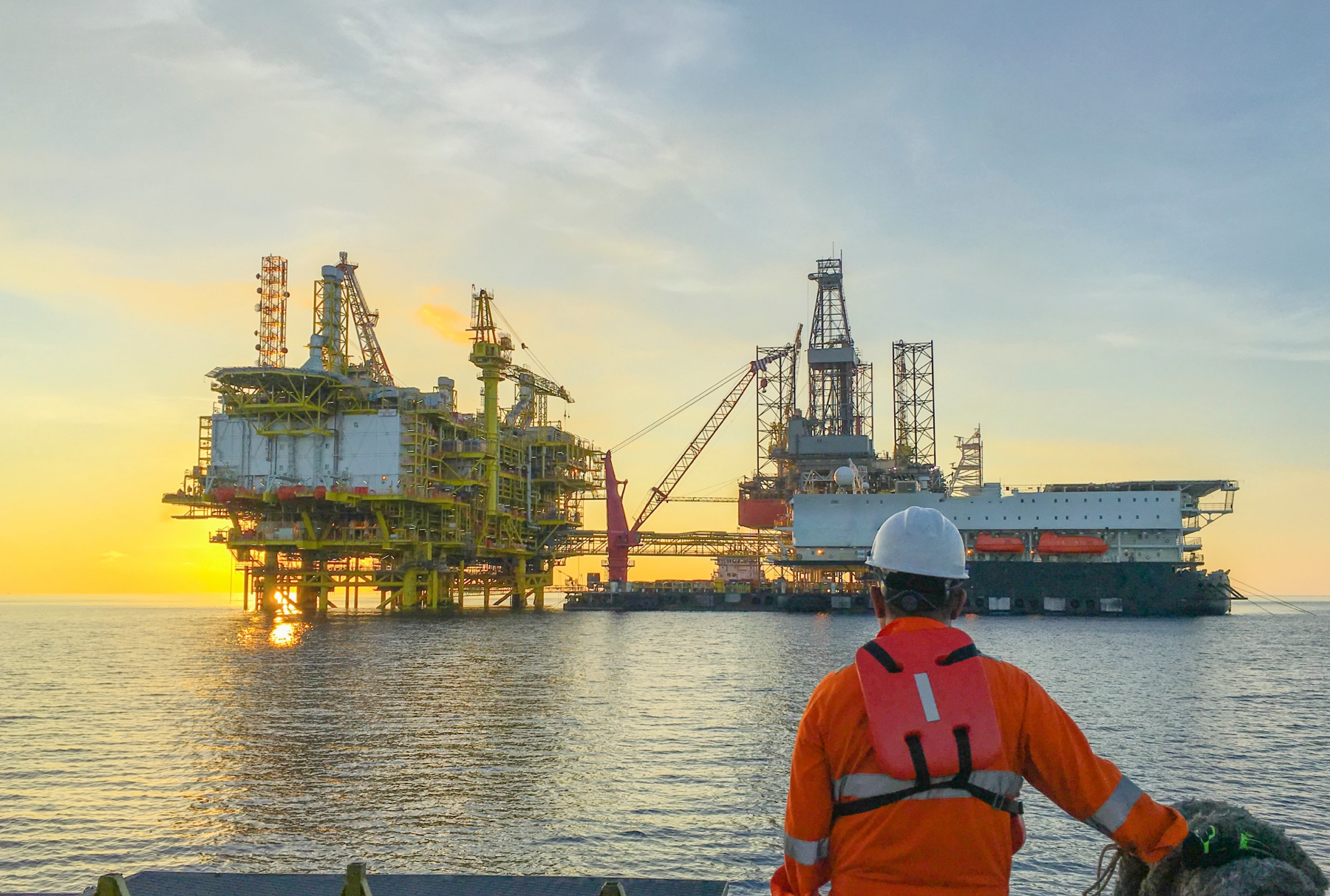Sustainable management that supports both people and the environment
Researchers built a sustainable management tool to inform marine governance and policy.
Project leader
Professor Sue Chilton (PI)
Dates
October 2011 to November 2012
Project staff
Professor Selina Stead
Dr Clare Fitzsimmons
Dr Paola Gazzola
Professor Hugh Metcalf
Professor Steve Rushton
Professor Maggie Roe
Dr Sue Speak
Dr Matt Slater
Dr Chris Sweeting
Sponsors
NERC
Partners
Stirling University
Yale University
Queens University Belfast
UCL
Description
Human wellbeing is closely linked to the health of environments we live in and depend on for our food, water and jobs.
Sustainable management supports both people and the environment. It is achievable through balancing economic, ecological and social goals.
There is lack of communication between academics and decision-makers on sustainability. This compounds slow progress towards achieving sustainability goals.
Policy makers also currently lack tools to combine diverse data from different disciplines.
An important part of this project was to create a participatory forum. This forum motivated scientists and policy advisors, working in the marine environment.
They exchanged knowledge to develop a more practical and user-friendly management tool in the longer term.
Management tool
The project built the foundation for a management tool to assist decision makers.
It helped them visualise different management measures. These measures affect the ability of a fishing community to adjust to changes. For example, introducing a Marine Protected Area to address overfishing. The changes influence income-generating activities.
In our study we brought together natural and social scientists. We used an interdisciplinary approach to apply their expert knowledge. with empirical data collected from communities interviewed in the Western Indian Ocean.
This region of the world provides an important case study. It is home to many communities socially and economically dependent on reef fisheries.
These fisheries are vulnerable to damage from climate change. Through rises in sea temperature leading to bleaching of corals, the home for many fish.
Bayesian Belief Network
The project developed a model using a mathematical technique known as Bayesian Belief Networks.
It describes how the wellbeing of a community affected by the introduction of a management tool such as a Marine Protected Area.
The model is able to combine and integrate different types of information.
Examples:
- Household socio-demographic data
- Non-market values for environmental changes
- Shared social and cultural values
- Marine ecological data
It also reflects links between them.
The model shows how these different types of data are considered together. The norm is to treat them separately. There are both negative and positive impacts of the Marine Protected Area on the community.
These complex interactions were graphically communicated in an easily comprehensible format. This was for academics and policy advisers.
Experts involved in policy confirmed there is a gap and need for an environmental management tool. The tool can facilitate policy making.
It enables consideration of proposed changes in advance. They can explore how they might impact people that work, live and or depend on marine environments.
The project team has researched and developed a process. It underpins improved policy making. The policy making considers environmental management from the three key pillars of sustainability:
- Economic drivers
- Social considerations
- Ecological indicators of environmental health
- An exciting result from this project is the establishment of a new marine network that facilitates cooperation between both academics and policy advisers. This is a key attribute towards building good marine governance and a more participatory approach in policy making.
- The project developed the Bayesian Belief Network in the context of a fishing community in the West Indian Ocean. But the members of our network from the marine policy and management community in the UK (Marine Management Organisation, Marine Scotland and Defra) indicated strongly that such an approach would be directly transferable to a UK context.
- There is potential for it to adapt it for use by conservation groups or non-governmental organisations. That have an interest in the sustainable management of marine resources.
